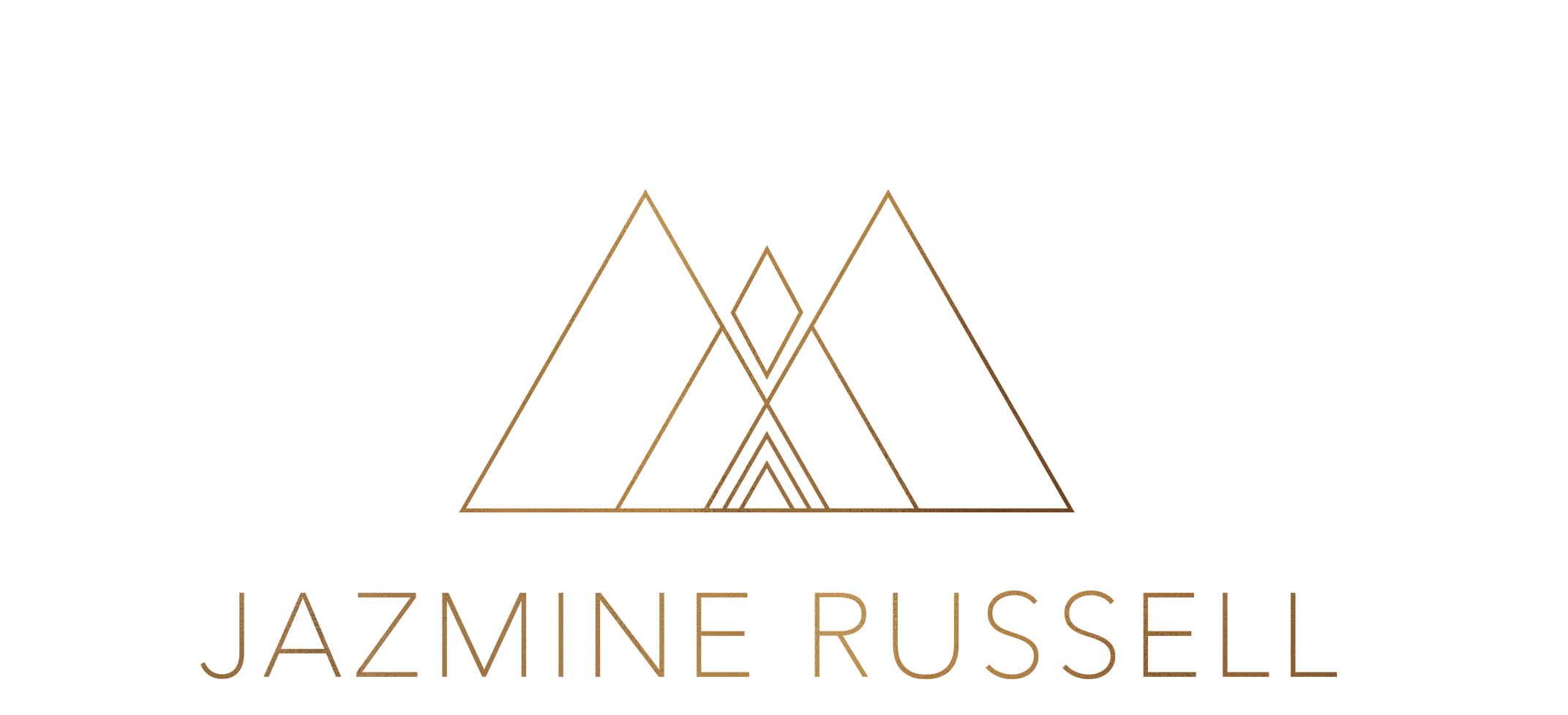Truth in a Quantum State – Reality as Music, Greater Than The Sum of its Parts
Tate is a 20-year-old musician and composer living in Brooklyn, New York, who creates lush and vibrant electronic music with catchy melodies and symmetrical soundscapes. The goal of his tunes is to make people move and feel, both physically and intellectually, and to portray a beautiful place that doesn't exist in nature, but in the fourth-dimensional plane that is, "music."


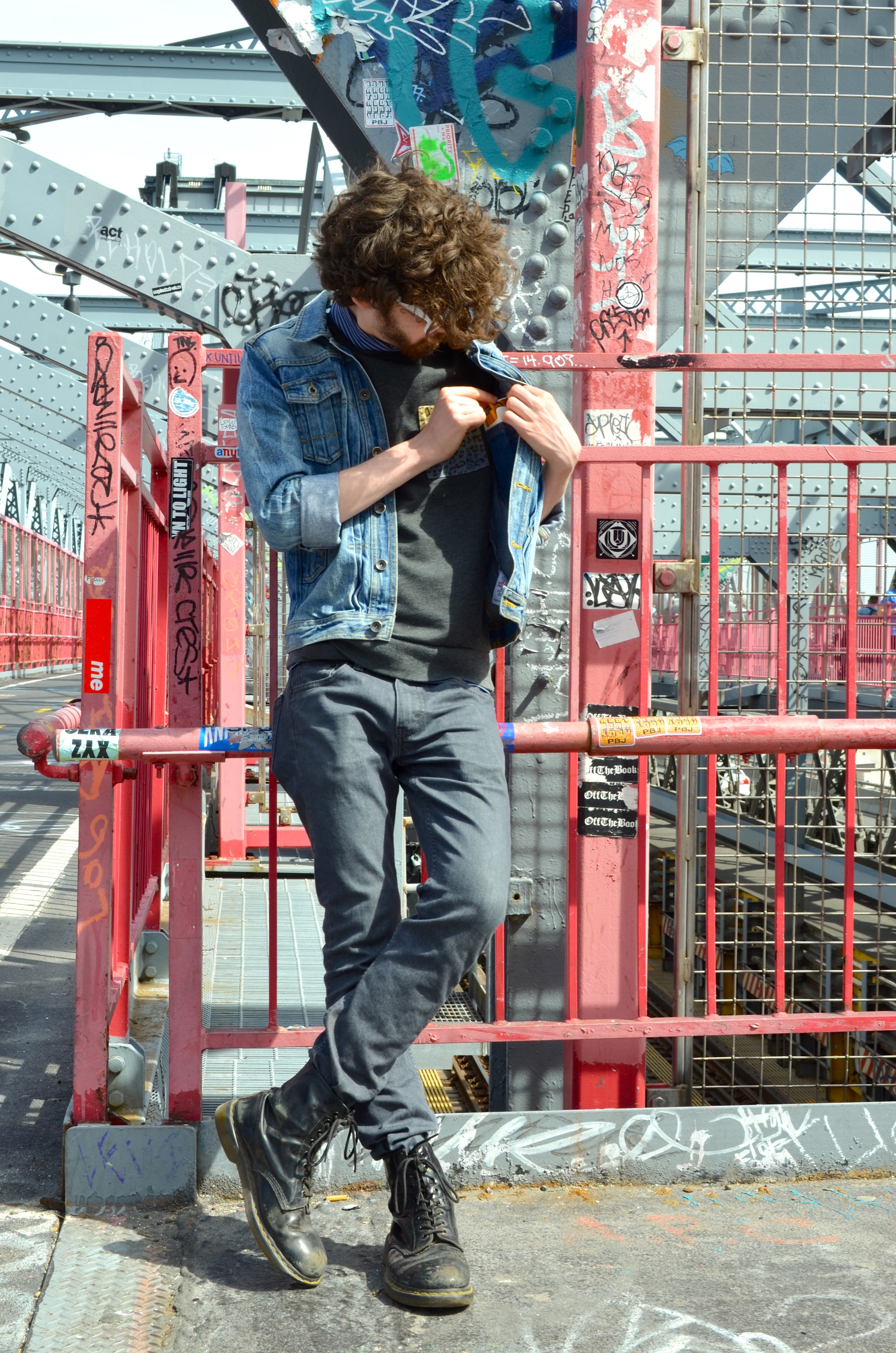


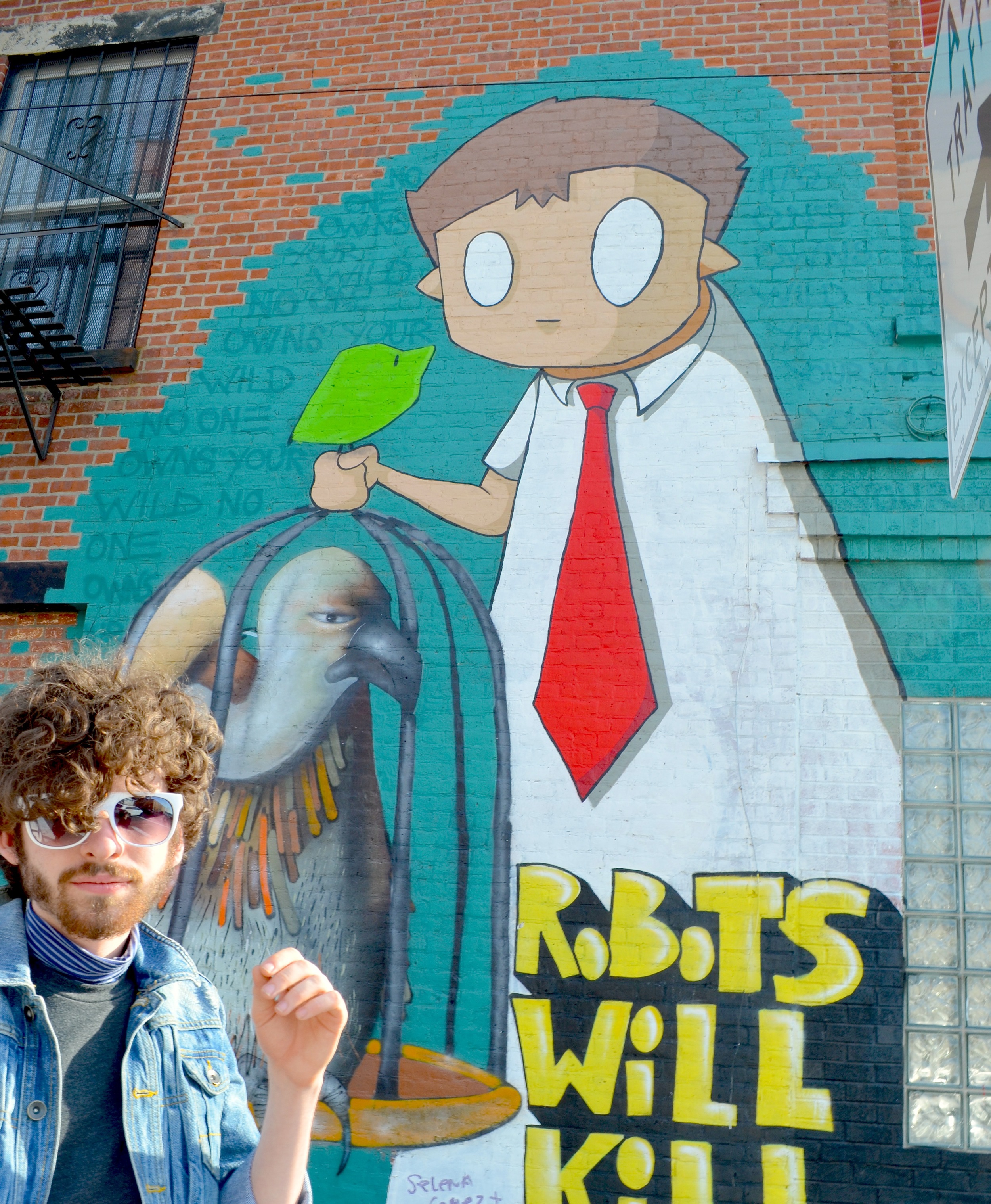
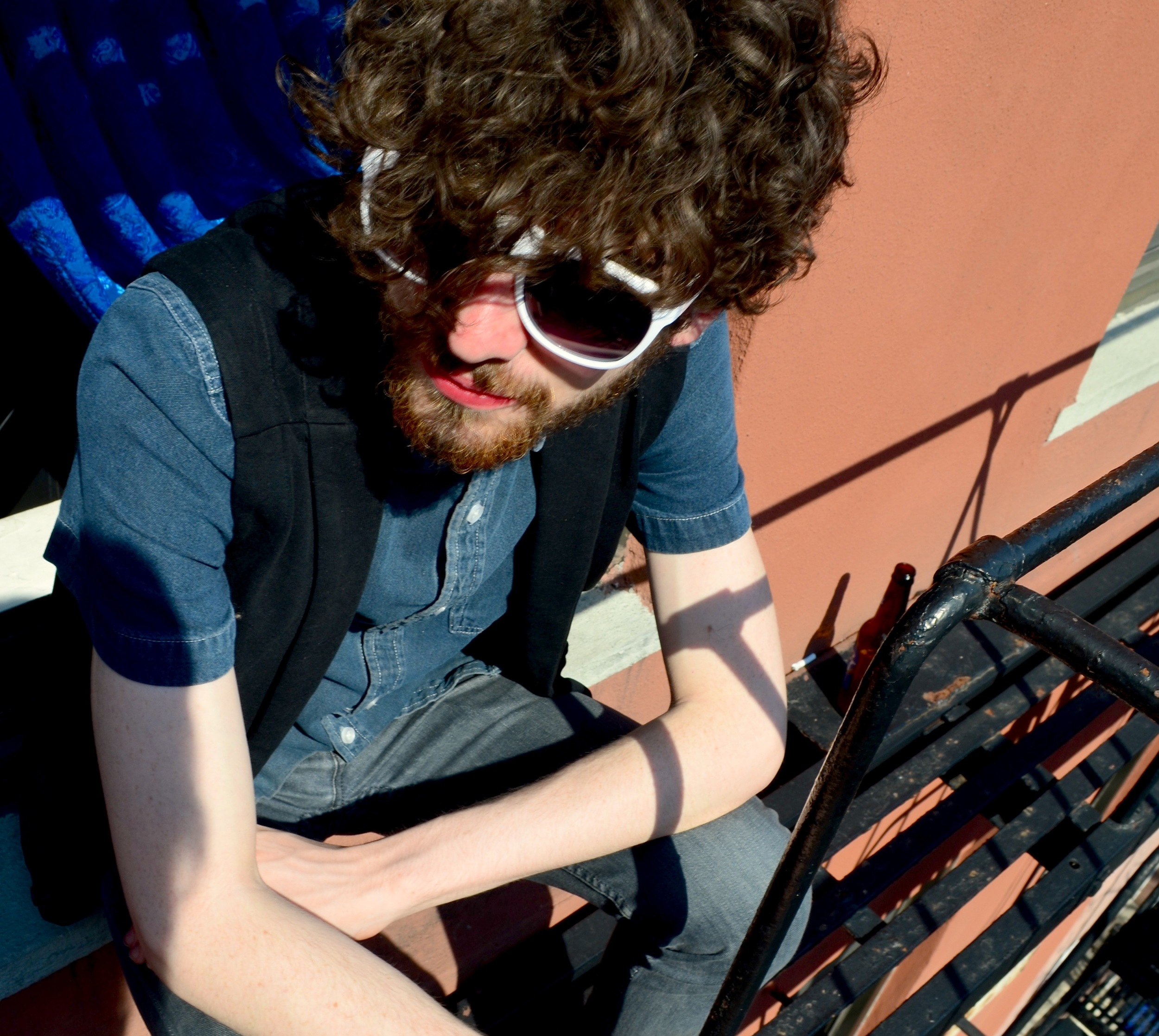

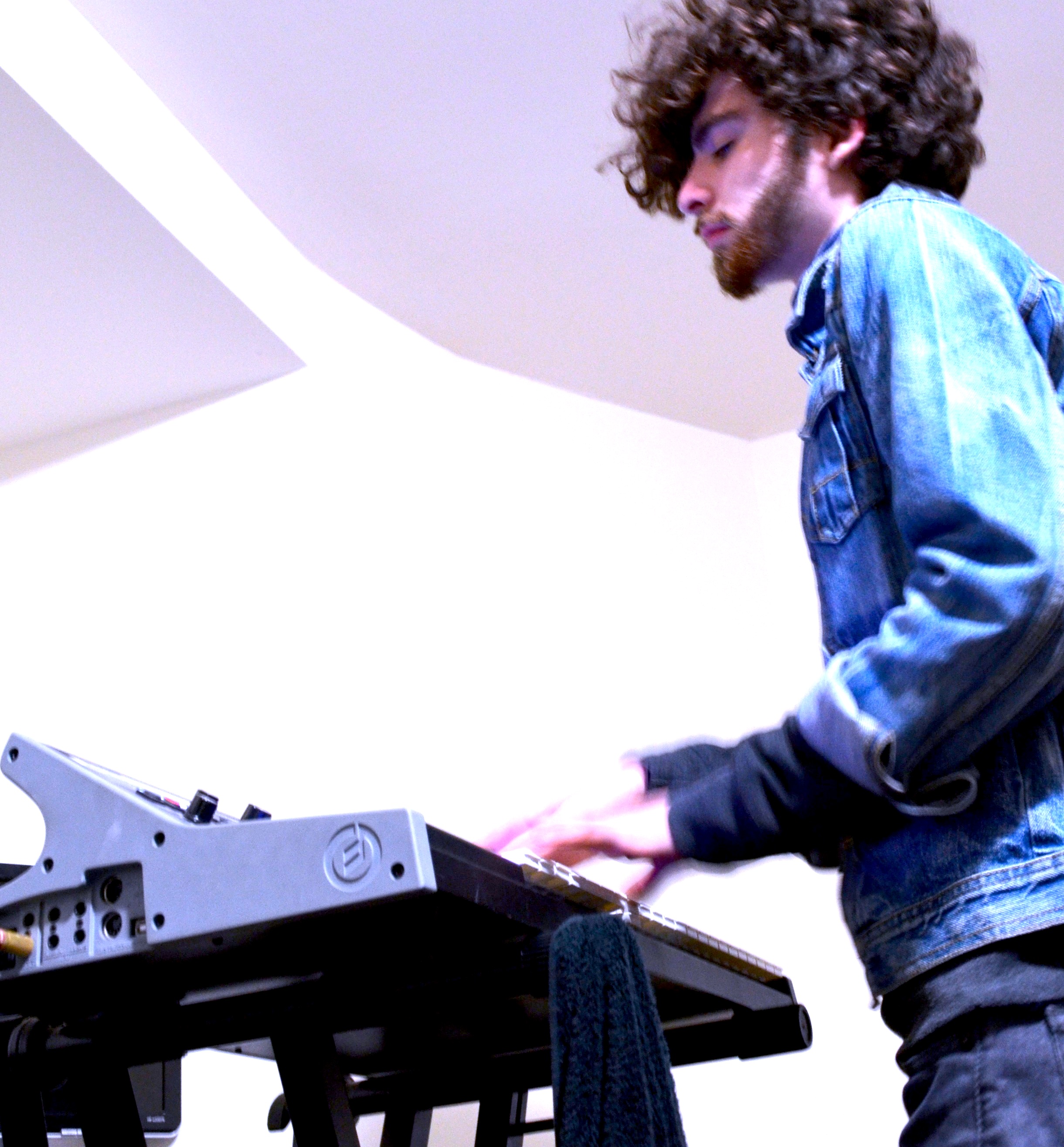
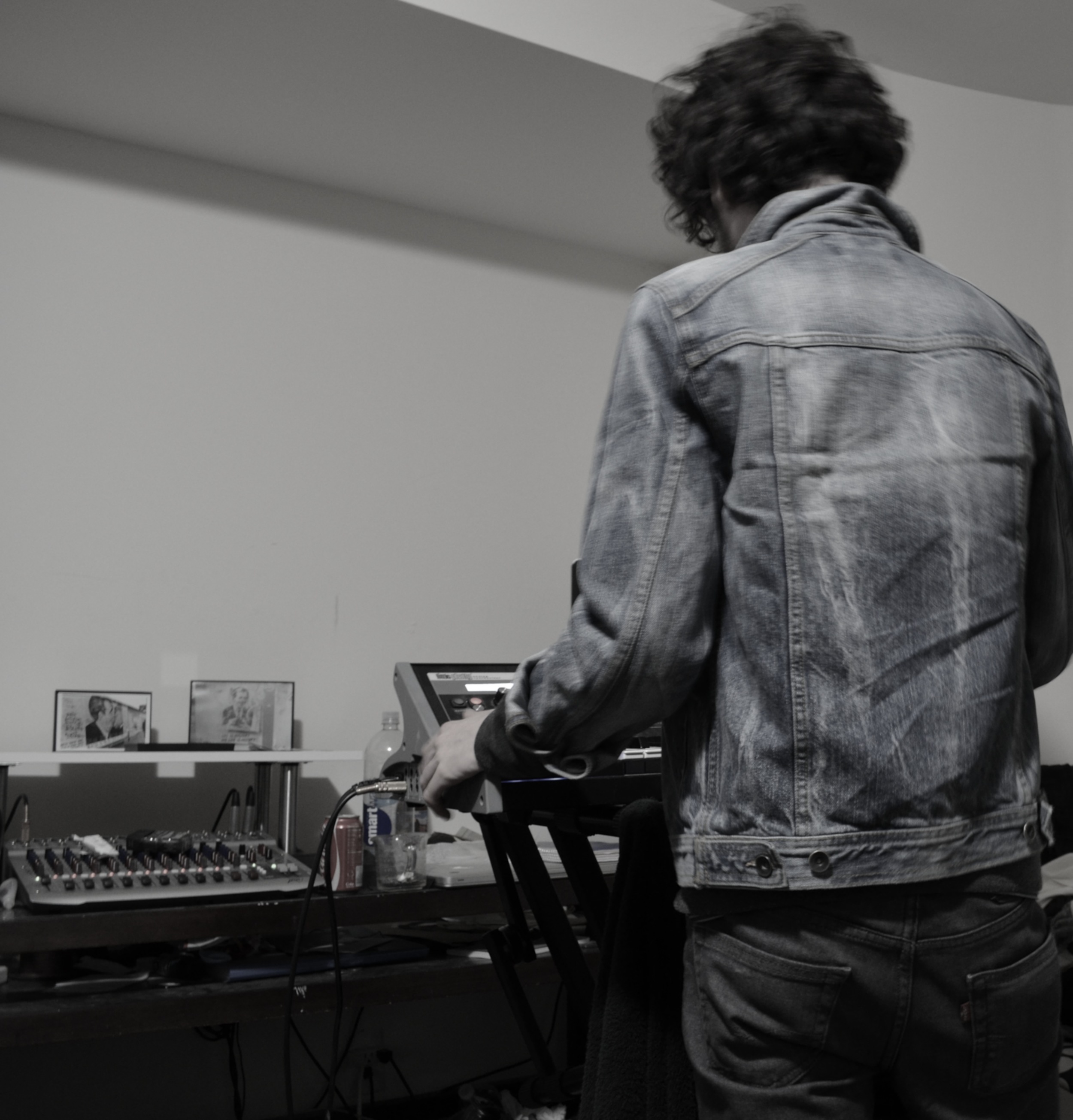

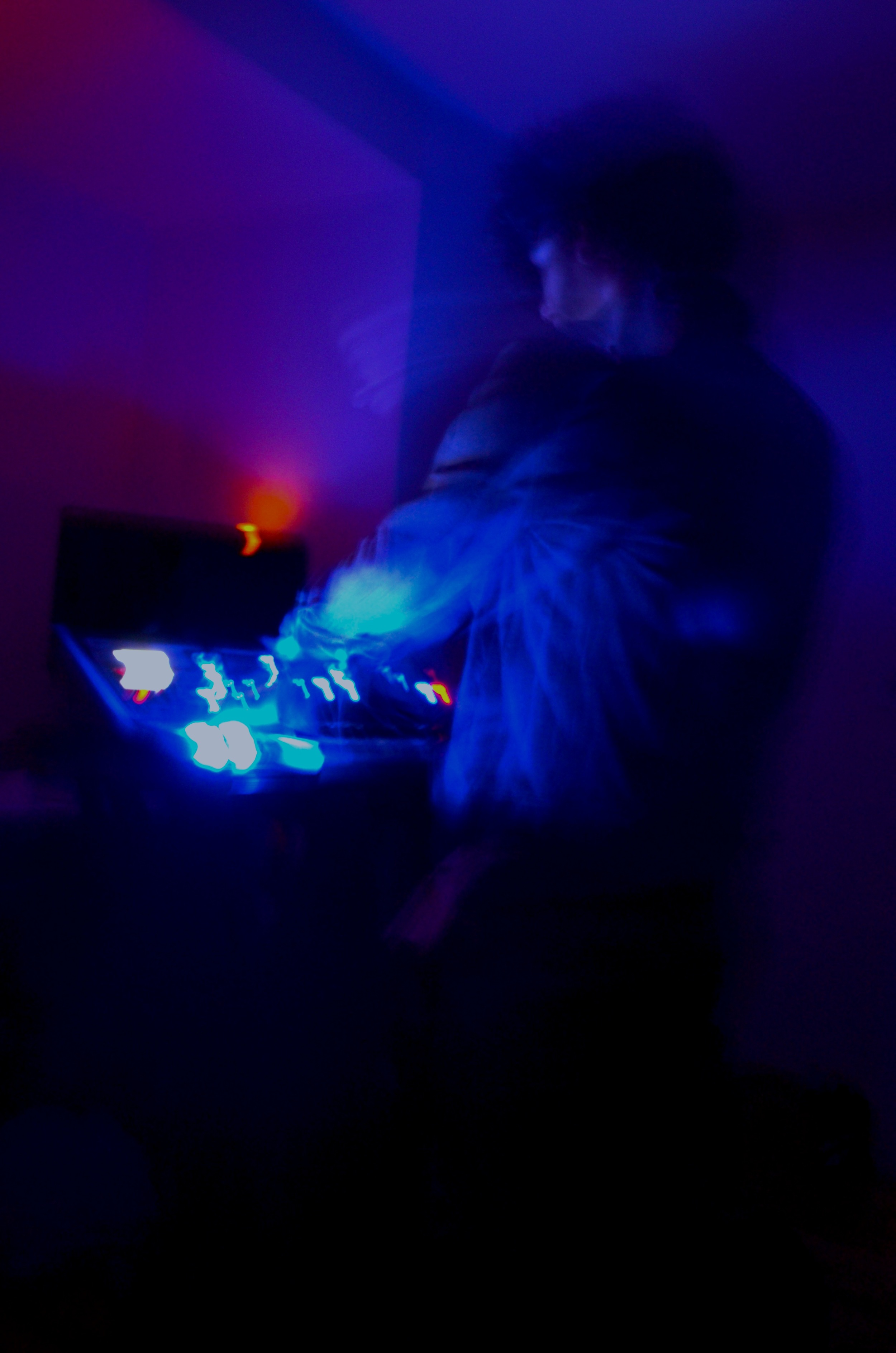

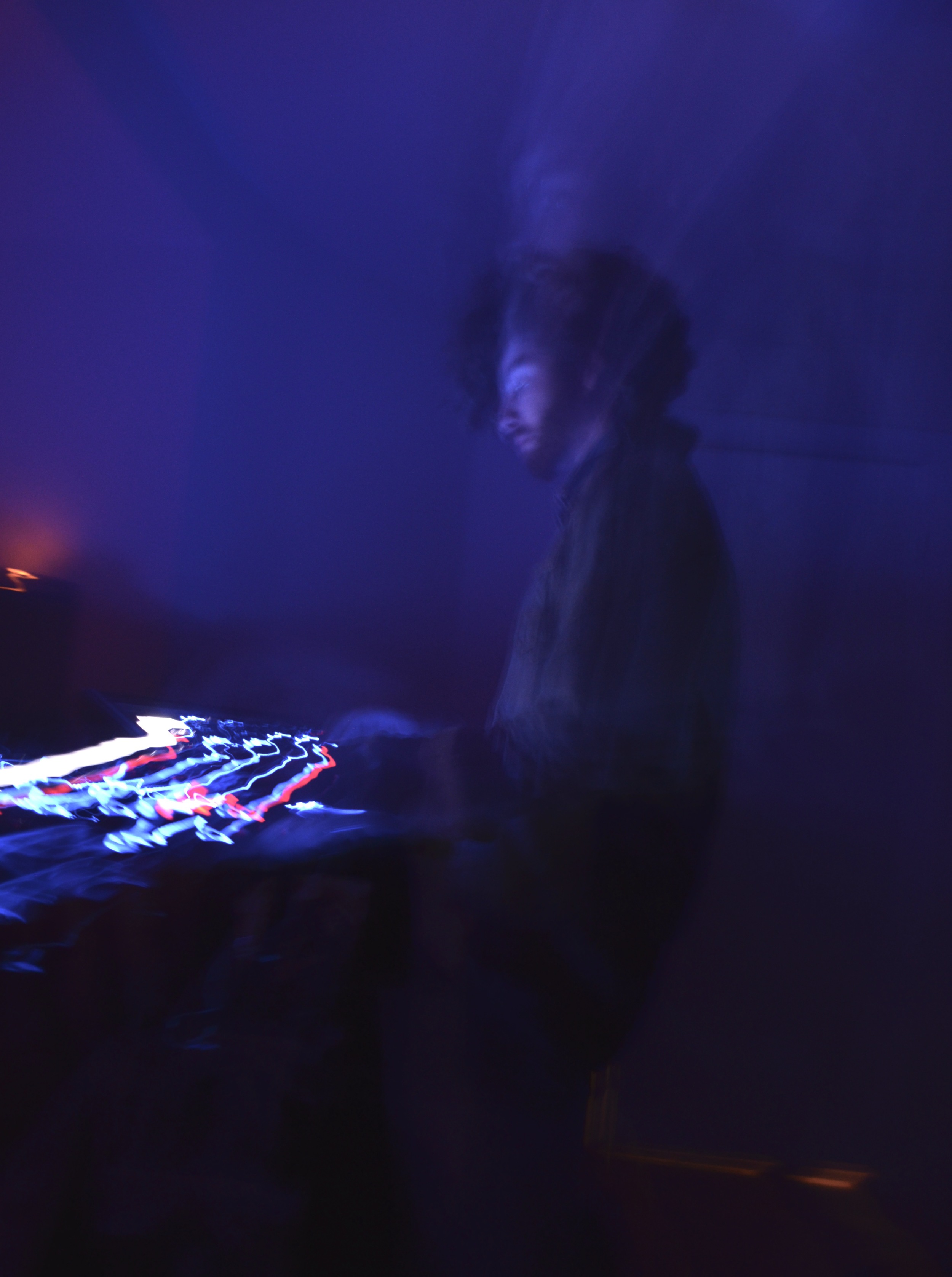
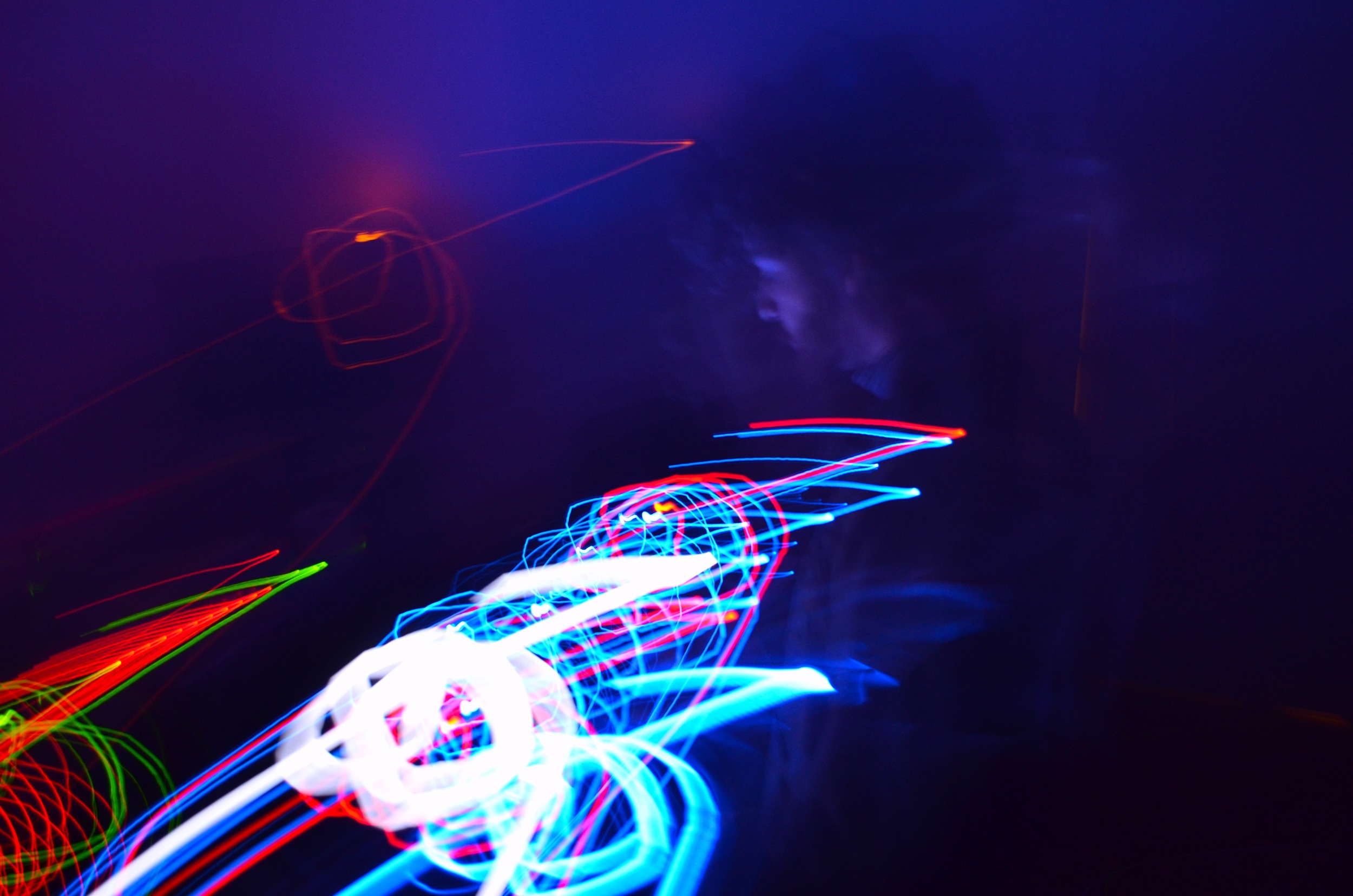

Excerpts From the Interview:
Jazmine: Tell me something about your view on the fundamental nature of reality.
Tate: I’m a musician and, you know, I love music. That’s the thing that actively means a lot to me and transcends everything. So…I was thinking about what it is in music that always transcends and moves me and makes me feel something greater than the sum of its parts. I think what that is, is, you know, if you have a note that is held out and the chord changes under it. Or you have a chord and the note jumps along the chord, plays a dissonance, or it doesn’t really matter what it is, but each one of those things has a different emotion, a different vibe, and different feeling that it can exude just by nature of its motion, moving and changing. And the I thought “Okay, well pretty much every second and moment and instant of music is just doing that “ By being music, it’s just moving along and changing and it allows you to sort of experience a story and a mood without actually directly giving you, you know, concrete footage of what that is. It allows you to interpret it as your own thing, in sort of an instant interpretation. Different from maybe film, which is a more concrete footage that’s put into your brain and then it takes time to sort of absorb what’s happening. Whereas in music you can’t really not absorb what’s happening. It just kind of goes in. So, I was thinking: what about that makes it so fundamental to my perception of reality? And I think the main piece of that is… that it’s changed over time. And to me, that’s where the information is, in reality. It’s stored in the change from one thing to another. That’s where the information and the data and the knowledge and the game can be taken from and released from. You have one point and the next point, and the difference between those. In there lies the concept.
Jazmine: Who or what decides what the points are?
Tate: Nothing decides what the points are because it’s kind of random what the points are. As third dimensional beings, who are able to observe them, we can observe one point and another point but we’re stuck in time, so we can’t observe two points at the same time because we’re not wired that way. We have to sort of- we’re lucky that our brains are able to use two different points to make conclusions about things that are greater than the sum of those two points. And that’s dope. I think also a huge part of it is that music is inherently mathematical by nature from a fundamental basis, not based on interpretation. I could tell you why a major 3rd sounds like it locks into place when you play it and why a note a C and then a note slightly flat of E natural will not sound locked into place and sound bad. There’s a fundamental mathematical reason for that which almost makes no sense at all. But at the same time it exists and we’ve observed it and found that it can allude to all kinds of different emotions from a simple mathematical concept. So I think that nature is all about- basically, you can look at the facts all you want but the actual information is stored in the difference between those facts and how they change over time. You know, I also strictly believe that maybe somewhere in the far reaches of the universe there are aliens out there that can experience the 4th dimension with no problem, just as another axis and those guys probably don’t have to worry about things changing over time at all. They can just comprehend everything at once, and I don’t know. I’m sure quantum music is dope but I can’t listen to it because I have 3rd dimensional ears.
Jazmine: Do you believe in a pretty strict objective reality or that it’s relative or based on perspective? Somewhere in between?
Tate: I think reality is entirely…well, okay, based on what I have posited regarding how information is stored and the difference between two different points, I would say that there is an objective reality that exists, but you’re not going to get anywhere by trying to figure it out. As humans, once again, that are trapped moving along in the 3rd dimension, the universe is constantly changing. So in order to say “Yes it is this way” you’d have to be able to take into account every possible way that it has been and will be and we can’t really do that. So, in that sense it is entirely relative because you need to observe, and based on your observation, each time it’s going to be different. So I think it’s kind of fluid and moving and ever changing and not objective just because we can’t perceive it that way.
…
"I grew up with, sort of, the constant quest for knowledge and quest for answers, things like that. And when you live a life like that, you tend to observe everything objectively because, you know, you believe that there’s a genuine answer. So basically, you know, I’ve learned over the last year that there isn’t necessarily a genuine answer and there’s not a right and not a wrong to the objective universe."
…
Tate: I think also music is a great example of a subjective and objective experience at the same time and that’s why it’s infinitely fascinating to me. It both definitely exists, it’s waveforms, waves running through the air, particles moving the air, and that’s it. But at the same time, it creates all kinds of emotions, it can be recorded, printed, anything. It can be transduced into any form and yet it still has all the meaning and all the emotion. That’s, you know, a perfect example of something that transcends both the objective and subjective experience just by inherently existing in the sort of 4th dimensional construct of change over time. Basically, most things that are both objective and subjective tend to transcend all around and all together in some sense.
Jazmine: It transcends reality?
Tate: Yeah, so like psychedelic drugs. Both subjective and objective. Yet they basically cause you to experience and change. You know how you are when you’re sober and you know how you feel when you’re on drugs and there’s a lot to learn there and you totally end up transcending where you would’ve been just chilling sober.
…
Jazmine: So in that sense, how do you think truth is generated and what do we gain from these ‘truths’? Do you think there is an ‘ultimate truth’ that exists out there?
Tate: It depends on how we define truth, in that sense, but I think a lot of it comes from the fact that since everyone has an entirely different perception, everyone’s going to define truth differently. So if you close truth off to something like ‘the answer’ or ‘beauty’ or any one of those words that many different philosophers have decided truth is at some time in the thought processes, I think you lose something from it because I think there isn’t one necessary truth that works for everything. It’s more of a compilation of all of them, like a collage of everybody’s dreams and hopes and what they like or don’t like. It’s almost like truth exists in a quantum state of existing and not existing at the same time. It’s only when one person perceives it that it falls into their perception. So it’s like a ball of … goo… and it’s moving constantly and changing based on the societal norms- not even societal but the entire human race and the way they perceive things as a species, you know? I think when one individual views it, that’s when it becomes concrete for that person, but it doesn’t mean that it’s not still moving around and changing, so it’s interesting. I think that’s what it is. I think truth exists in a quantum state of ever-changing stuff, based on the fact that societies as a whole are constantly changing. Like slavery used to be chill 150 years ago, now it’s not. That’s a major difference in society, right? So there are probably plantation owners who perceived a truth that included slaves, you know, and that’s just inherently wrong. But at the same time, once you state that slavery is wrong, that makes somebody else who believed in slavery wrong. There’s just obviously not a concrete answer to that. So as a society, we’ve all changed to pretty much unanimously agree that slavery is wrong, and so that means the… squishy truth ball is legitimately changed.
Jazmine: So truths are shaped by societal values?
Tate: Yes, as a whole, the sum of all of those.
Jazmine: So, for you, truth can be viewed as the sum of societal values at any given time?
Tate: Yeah, but also as the perception of any one person of that ball.
Jazmine: Hmm…so what is your perception? What is your truth?
Tate: My truth? Music. Music does not mean that much to a lot of people but it means a lot to me. That’s the way I feel like I can communicate best and I can listen best and I can exist around it best. So, for me, that’s truth and that’s beauty and that’s all of those things that people refer to.
…
Jazmine: Would you say you’re more curious about the things we can discover in this dimension, as you've described, or the more spiritual and metaphysical truths?
Tate: I’m curious about finding the link between! We know that there are things in space that suggest a link. Like black holes, for instance, are literally a rip in the space-time continuum. Time being the 4th dimension. That’s just a hole, we don’t know where it goes. It could go to Jesus! You know? Literally it could go to Jesus’ house with a white picket fence in deep space. We have no idea, and that’s fascinating. I would even venture to say that a lot of the stuff, as 3rd dimensional beings, we can’t comprehend or perceive and we give names to them, like religion or like a black hole, which very well could be the same thing. They’re both incomprehensible to us so there’s probably a reason for that…(laughter) Yes, black holes are Jesus’ front door, that’s my philosophical belief.
Jazmine: Why do you think people tend to keep those two realms separate? The physical and the spiritual, science and religion…
Tate: Because they’re stupid! No, I mean, I think because it’s easier. It’s a lot easier to do that. It requires less abusive contemplation to the 3rd dimensional brain.
Jazmine: It seems like you’re alluding to a lot of ambiguity in these topics. Does this idea of infinite possibility or things we can’t understand make you anxious at all?
Tate: No, I’m open to it and super excited and curious and fascinated. I want to learn more, you know? Yeah, ambiguity doesn’t bother me but I will say, to the core, some part of me feels like one day we will find the answer to those things, which means that there might be a universal answer. But the thing is, that universal answer is not going to be something we can really comprehend. But we can get really close. We might even be able to put it in a box and look at it, which is exciting. I want to be able to put the universal answer and truth in a box and then everybody can look at it and say “There’s God” you know? There it is, I have no idea what’s happening in there and we can do as many measurements as we want but we’re never going to know for sure. But now we know for sure that it is, and that’s exciting.
Jazmine: How do you think people will react?
Tate: Oh of course, everybody’s going to want to know what’s in the box and have their own perception about what’s in the box. That means it’s still going to exist in that quantum state of infinite possibilities.
…
Jazmine: So, you already told me that you express your personal truth through music and that’s the way that you feel you can best communicate, but how does the world communicate with you? How do you experience the world and what does it look or sound like?
Tate: It’s noise. It sounds like noise. And music is the organization of noise in a bunch of fundamental relationships from a mathematical standpoint that relates to our hearing. Specifically our hearing, because if we could speak to aliens that had a whole different frequency spectrum of hearing, or you know, only heard sound from 20,000 hertz and above, all of their music wouldn’t be able to be heard by us. And we also have a logarithmic hearing spectrum so if we were to meet aliens that had a fundamental hearing spectrum then all of those relationships between notes and different organization of noises- like a major 3rd would not sound major to them. So for me, life looks like a human one…and in that human one you can choose what to do with the things that you have and I like to organize them in really pretty ways because it pleases me. And that’s what it comes down to. So I feel like the most efficient and enjoyable way of doing that is music. But at the same time I like fashion and I like wearing clothes that are cool looking so I would be totally down to design clothing. I don’t think I’d be as good at it as I am as a musician, but it’s the same way that we put colors together that contrast and look good together or look the same and look nice together, patterns and things like that, it’s all in the visual spectrum. There may be aliens that can only see in the ultraviolet and therefore human fashion is going to look stupid and not make any sense to them because it’s all going to be …the same color. Probably black, or not a color because most of our clothes don’t give off UV rays, you know? So I just think that my life is a whole organization of-or an attempt to organize the chaos into a way that looks pretty.
…
Jazmine: How do you think your culture, your values, and your own interpretations have shaped your experience of reality?
Tate: Well, of course my experiences have shaped all of it. I have this very vivid memory of the first time I heard a major 7th chord. It’s very weird to say that but I was playing a very, very simple-I was 6 or 7 and I was playing a simple version of “Where is Love?” from Oliver, and it had a major 7th chord. I remember the first time I played it, it sounded horrible, because I was thinking “Wow, the top note of that chord…” it was a C major chord with a B on top, and I thought “Why is that note wrong, it should be a C on top and then it’ll be a totally perfect major chord.” And it was only after I had listened to more jazz that I became comfortable with that sound enough to feel like that sounds good, which is very strange. But now I like it and I use major 7th chords all the time. I use 9’s and all kinds of dissonance. Mozart never used major 7th chords once ever. He probably thought “That note is wrong!” you know? And that’s really interesting, yet he’s widely regarded as one of the best musicians of all time. It’s just- the experiences that you have entirely shape you because, as humans, the thing that we’re best at doing is compiling our experiences and focusing them on what we want to do to the world, whether it be negative or positive. And there’s a lot of negative and a lot of positive. So I think, for me, I listen to the music I like, and then when I write a new track, I just dip into those reserves of my entire music experience throughout my entire life from start to finish and pull out of it, whatever you want to call it, melodies that I stole from the ether of the sum of the parts of my perception.
Jazmine: What about culture? Is there a cultural impact there?
Tate: Well there’s definitely a culture impact, in the sense that, for art, you always have to imagine who is looking at it. So, if you live in a society that hates electronic music, then doing only electronic art, from a societal perspective, is going to suck. No one is going to want to look at it, and if you want to be confident in yourself, it’s hard to achieve like that. But at the same time societies change drastically over time. So maybe that’s not a bad idea. Maybe I should start writing only music on didgeridoo because I think it sounds dope, but I think everyone’s going to not be down. Yet the aborigines were totally down and they love it. In fact, they have 15 minute songs that are only didgeridoo and it’s a single soundscape with only one tambour and that’s just a whole different ballgame. So the cultural element totally affects you, whether you like it or not. But at the same time, as humans, we kind of have this inherent ability to exist within that culture as an individual. Well, some of us do. The ones who don’t have a lot of trouble.
